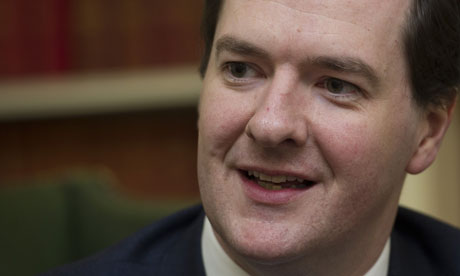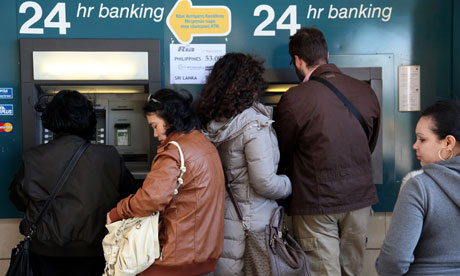People are spied upon, foreign workers enslaved, and non-Muslims are treated with contempt
By Yasmin Alibhai Brown in The Independent
OMG, what was she thinking?
Camilla, wife of our future king, wore a flimsy, unsecured headscarf on her trip to Saudi Arabia. It rebelliously slipped off and almost uncovered all her hair! According to the strict, conservative Saudi Wahhabi practice of Islam, uncovered hidden female tresses, old and young, are as licentious as exposed pubic hair. (I was told this in earnest by a Saudi trained British imam.) The Duchess’s moment of shamelessness must have prompted diplomatic jitters. Did the British Embassy press a panic button and send officials to apologise profusely and genuflect even more abjectly in front of the rulers? Probably. Described as an “ally” and “friend” by the UK, US and other western nations, Saudi Arabia is a dominatrix, lashing the whip, inflicting humiliation on grateful, international partners.
There has been some bother over this official visit by Charles and Camilla to a country which has just executed seven men. The protests are obtuse, silly and a distraction. World royals network, have strong common interests, understand and prop up one another, exchange bling and niceties and sometimes inter-breed. Charles is keen on Islamic thought and aesthetics and seriously so, but never dips his fingers into the messy business of Middle East politics.
To expect the Prince to stand up for human rights is about as hopeless as expecting him to be an equal-rights champion of his nation. He was not raised to do either, poor chap, so why waste all that outrage on him? The real iniquity is the way our state sucks up, with others, to Saudi Arabia, while knowing its tyrannical governance and malevolent global influence. The official abuse and repression of its citizens is so embedded, most victims are inured to the violations, the ultimate debasement.
Iran, led by the abhorrent President Ahmadinejad, also executes and tortures its people, but its women can drive, work, go to university, initiate divorce and get custody of their children. Saudi women are denied all those choices and rights. Yet western observers incessantly slam Iran (rightly) but say much less about Saudi Arabia.
Yes, very slowly, some pitifully small rights are being handed to women. For the first time female politicians have been given an advisory role and smart young women are able to work under restrictive conditions, but at this pace, the world will end before Saudi women achieve full human status. Black cloaks render them invisible and, happily for the men, hide all unseemly marks of domestic abuse. The judicial system is unaccountable, and focuses on the cruellest of punishments. People are spied upon, foreign workers enslaved, non-Muslims and non-Sunni Muslims treated with contempt or worse. Islam’s holiest shrines are found in one of the unholiest of lands, where even these monuments are unsafe.
Recently, as my colleague Jerome Taylor reported, bulldozers have been pulling down the oldest, most invaluable and precious structures in Medina, some going back to the birth of the faith. The men in charge have already destroyed most other physical remnants of history, ignoring the pleas of archaeologists and Islamic scholars. If it were happening here Charles would raise royal hell; there he fawns to the Philistines. Science isn’t safe either. We are seeing the first cases of a deadly, unknown virus which has killed over a dozen people. A man died in Jeddah and another in the UK after a trip to Mecca. Professor Ali Mohamed Zaki, an Egyptian doctor working in Saudi Arabia, was deported after he found this new strain and got it analyzed by Dutch virologists.
Then there is the hushed and hushed up spread of Wahhabi Islam from north to south, east to west. Saudi funded Wahhabis are here, there and everywhere, successfully eradicating all diversity and ease in Islam, aggressively exporting their own brand. I have seen the results of this infiltration in Tanzania, India, Bangladesh, Kenya, Egypt and across western cities. The ideology leavens and raises intolerance, extremism and in some cases instigates violence. The 9/11 killers and original, prototype al-Qa’ida ideologues were Saudi led.
In 2002, the Washington Post leaked a report by a hawkish neocon defence consultant to the US government. It warned that the “Saudis are active at every level of the terror chain, from planners, to financiers, from cadre to foot soldiers, from ideologist to cheerleader.” The report’s hawkish recommendations to take over oil-producing desert lands were abominable, but the analysis was spot on. The White House and Blair’s lot took no notice and instead sold that regime arms.
The oil’s the thing and I do understand that. But in December 2012, according to the US Energy Information Administration, which provides independent statistical analysis, Venezuela was the second largest supplier of crude oil to the US. Saudi Arabia was the third biggest. So, why did the American and British spokespeople and commentators fearlessly slag off the late Hugo Chavez? Some of the criticisms were justified, others ideological and grossly unfair, but they didn’t hold their tongues as they do with Saudi Arabia, an evil empire if ever there was one. By sending royals to court them, our government endorses this evil and ensures none of us is safe. We should be mobilizing against this collusion but don’t. So it is our fault too.
y.alibhai-brown@independent.co.uk







